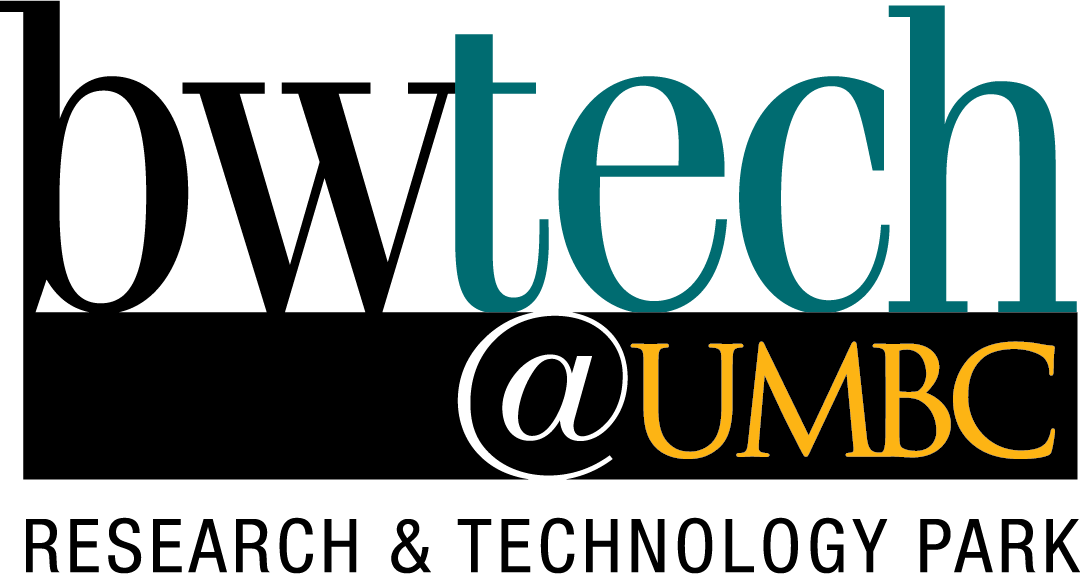
UMBC, UMB receive $4 million NIH REACH grant to create new biomedical and life sciences accelerator program
UMBC is continuing its commitment to diversifying Maryland’s biomedical and life sciences ecosystem through its latest collaborative effort with the University of Maryland, Baltimore (UMB) to develop a new life sciences accelerator program focused on faculty development and research commercialization efforts.
UMBC and UMB were jointly awarded a four-year, $4 million Research Evaluation and Commercialization Hubs (REACH) grant from the National Institutes of Health (NIH) to advance the biomedical entrepreneurship and innovation economy in the Baltimore region. This grant will be used to build on the work that began when UMBC and the University of Maryland School of Medicine (UMSOM) received a $13 million NIH Common Fund Faculty Institutional Recruitment for Sustainable Transformation (FIRST) grant in 2022 to enhance recruitment and training of junior faculty from groups underrepresented in biomedical science.
“We have a long-term commitment to enhance the diversity of the faculty on our two campuses in the biomedical and life sciences,” says Karl V. Steiner, UMBC’s vice president of research and creative achievement and co-principal investigator of the new REACH grant. “We are pleased to further strengthen the close partnership with our colleagues at UMB and beyond with this next initiative.”
Building a life sciences accelerator program
The REACH grant will fund up to 44 early-career faculty and students from UMBC and UMB (11 each year) with up to $100,000 each to develop and test commercially-promising biomedical and life science technologies. Additionally, UMB will use a portion of the grant funding to create the University of Maryland, Baltimore Life Science Discovery (UM-BILD) Accelerator Program’s “proof-of-concept” hub that will be housed at the University of Maryland BioPark and at the bwtech Research and Technology Park. The UM-BILD hub, set to launch next year, is one of only five REACH hubs awarded funding across the nation.
Aaron Miscenich, executive director of bwtech@UMBC, explains that bwtech has done extensive work in developing a strong community centered around entrepreneurship and technology commercialization.
“UMBC’s partnership with UMB to create this technology commercialization hub will [further] enhance our work and bring additional support to UMBC’s research community,” Miscenich says. “It’s a great opportunity to bring together UMBC faculty and students with resources that can help further develop promising technologies and help them to grow into thriving businesses.”
UMSOM’s Jason Rose, principal investigator of the REACH grant, shared how both institutions plan to support the biotech entrepreneurs who take part in the accelerator program.
“We recognize that to create our own unique cohort of newly trained biotech entrepreneurs here in Baltimore, our accelerator will need to provide them with both research support and funding, as well as guidance through the process of commercialization and technology development,” Rose said in a UMSOM press release. “We will be providing mentoring and educational programs from a diverse set of successful life science innovators and leaders to help distill their broad experiences—from navigating FDA regulatory pathways to financing new companies—to all of those who interact with the hub.”
This initiative, Steiner adds, aims to increase the number of Black and Latinx entrepreneurs in the biomedical and life sciences.
“As we look at the makeup of entrepreneurs across our communities, it’s obvious that we are under-serving those underserved communities. This will be yet another building block in our joint commitment to ensure that we focus on and benefit from the breadth of entrepreneurial talent in Maryland,” says Steiner. “We’re looking to bring in more individuals from underrepresented communities into the faculty ranks and actively help them develop a strong network of peers and mentors to allow them to successfully build their careers and their businesses in Maryland, with support from UMBC with bwtech and support from UMB.”
UMBC President Valerie Shears Ashby shares that “we are excited to work together to create opportunities for everyone to benefit from and contribute to this innovation ecosystem, staying true to our long-held commitment to inclusive excellence.”
Commercialization efforts at UMBC
Wendy Martin, director of UMBC’s Office of Technology Development, will assist in selecting and managing the projects that will be funded through the REACH grant. Martin has worked closely with faculty in all aspects of intellectual property protection and commercialization, including helping faculty to receive internal and external funding to develop new products. Those funding opportunities have included UMBC’s long-standing partnership with TEDCO’s Maryland Innovation Initiative (MII), which will also be a collaborator of the UM-BILD accelerator along with the University of Maryland, College Park, Morgan State University, and Blackbird Laboratories.
Since launching in 2012, MII has supported 39 UMBC faculty in their commercialization pursuits, including the development of bendable zinc-based batteries and vibration-powered sensor technology for wind turbines.
“I’m excited that we can bring everyone to the table. UMBC provides a continuum of support for these commercialization projects,” says Martin. “We’re building on enhancing things that we’re already doing. It’s great that we will have these additional resources to keep it going and to do it better.”
